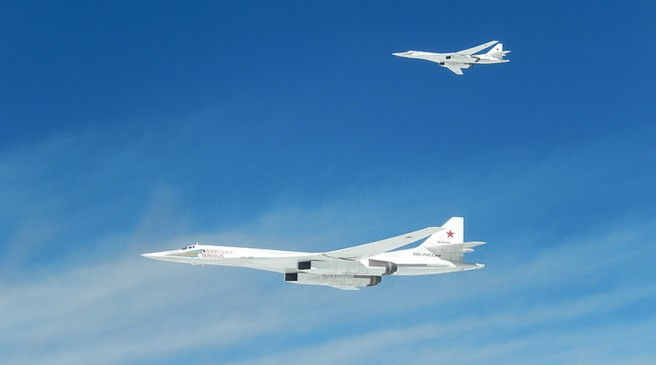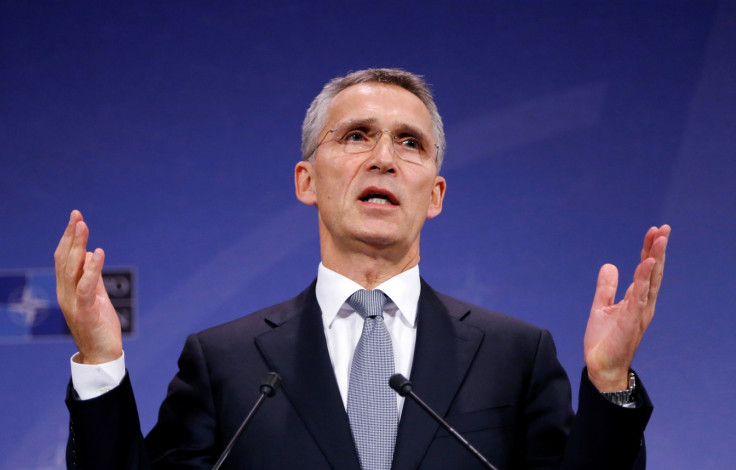Nato prepares to increase ground force substantially amid growing tensions with Russia
'Biggest reinforcement of our collective defence" since the end of the Cold War says Nato.

Nato is preparing for its "biggest reinforcement" of its collective defence since the end of the Cold War amid growing tensions with Russia. The alliance's secretary-general, Jens Stoltenberg, said that hundreds of thousands of troops will be put on a higher state of alert.
Nato commanders are also preparing a substantial land force to deter growing Russian aggression.
The Times said that although Stoltenberg did not provide exact figures, Sir Adam Thomson, the UK's outgoing permanent representative to Nato, said that he believed the target is to hasten the response time of up to 300,000 military personnel to about two months.
Currently, to deploy a force of this number could take up to 180 days, the newspaper said. The troops will be a "follow-on force" to Nato's existing response force, which can be deployed to warzones within days.
Nato has already created an emergency response force of 5,000 ground troops, backed by air, sea and special forces, which can be mobilised in five days. That is not all. The 28 member states have agreed to triple the size of an incumbent response force to 40,000 troops.
"I am not sure that everyone has realised how difficult and how expensive it is going to be, but it is part of that concept agreed in February of this year."
Stoltenberg told the newspaper that Nato was now seeking to improve the readiness of the alliance's three million forces, which include ground troops, airmen and sailors.
"We are ... addressing what we call the follow-on forces. There are a large number of people in the armed forces of Nato allies. We are looking into how more of them can be ready on a short notice." The matter was discussed at the Nato defence ministers' meeting last month, the former prime minister of Norway disclosed.
Sir Adam, who stepped down from his role at Nato last week, said: "I am not sure that everyone has realised how difficult and how expensive it is going to be, but it is part of that concept agreed in February of this year."
Move to counter Russian aggression in region

Stoltenberg told The Times: "We have seen Russia being much more active in many different ways. We have seen a more assertive Russia implementing a substantial military build-up over many years; tripling defence spending since 2000 in real terms; developing new military capabilities; exercising their forces and using military force against neighbours."
He added: "We have also seen Russia using propaganda in Europe among Nato allies and that is exactly the reason why Nato is responding. We are responding with the biggest reinforcement of our collective defence since the end of the Cold War."
The secretary-general said that both Nato and Russia hope to hold a meeting under a mechanism called the Nato-Russian Council over the coming weeks. It will be the third to be held this year.
© Copyright IBTimes 2025. All rights reserved.






















